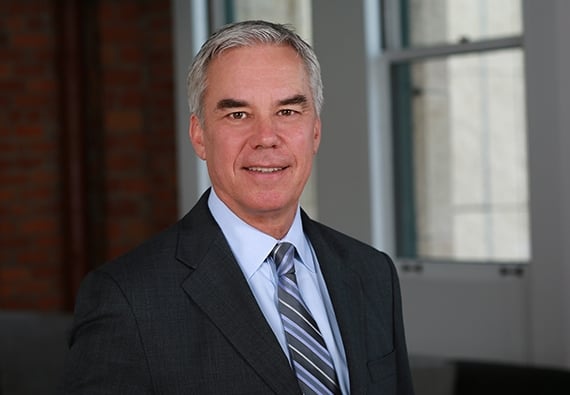California Liberalizes Mandatory Sick Leave Law
California Governor Jerry Brown has signed legislation immediately amending the California Sick Leave Law, clarifying some provisions which had caused confusion and heartburn for employers. The changes are as follows:
Accrual. Employers may use a different accrual method than one hour per every 30 hours worked, provided that the accrual regularly provides “at least 24 hours of accrued sick leave or paid time off by the 120th calendar day of employment or each calendar year, or in each 12-month period.”
Use. Employers may limit use of paid sick days to 24 hours or 3 days in each year of employment, calendar year, or 12-month period, rather than just year of employment.
Unlimited Sick Leave. Employers with unlimited sick leave or PTO policies, need not list any numerical sick leave accrual on pay statements but, rather, may merely list accrual as “unlimited.”
Recordkeeping. In keeping records of sick leave or PTO taken, employers need not inquire into or record the purposes for which an employee uses sick leave or paid time off.
Rate Calculation. Three alternative methods for calculating how sick leave is paid are now permitted:
- Paid sick time for nonexempt employees can be calculated in the same manner as the regular rate of pay for the workweek in which the employee uses paid sick time, whether or not the employee actually works overtime in that workweek;
- Paid sick time for nonexempt employees can be calculated by dividing the employee’s total wages, not including overtime premium pay, by the employee’s total hours worked in the full pay periods of the prior 90 days of employment; and
- Paid sick time for exempt employees is calculated in the same manner as the employer calculates wages for other forms of paid leave time.
Reinstatement. Employers are not required to reinstate accrued PTO to an employee, rehired within one year of separation from employment, that was paid out at the time of termination, resignation or separation.
Grandfathered Policies. An employer is not required to provide additional paid sick days if:
- the employer provided paid sick leave or paid time off to a class of employees before January 1, 2015, pursuant to a sick leave policy or paid time off policy that used an accrual method different than providing one hour per 30 hours worked,
- the accrual is on a regular basis so that an employee, including an employee hired into that class after January 1, 2015, has no less than one day or eight hours of accrued sick leave or paid time off within three months of employment, of each calendar year, or each 12-month period, and
- the employee was eligible to earn at least three days or 24 hours of sick leave or paid time off within nine months of employment.
If, however, an employer modified the accrual method used in the policy it had in place prior to January 1, 2015, the employer must comply with one of the accrual methods allowed by the law, or provide the full amount of leave at the beginning of each year of employment, calendar year, or 12-month period.


